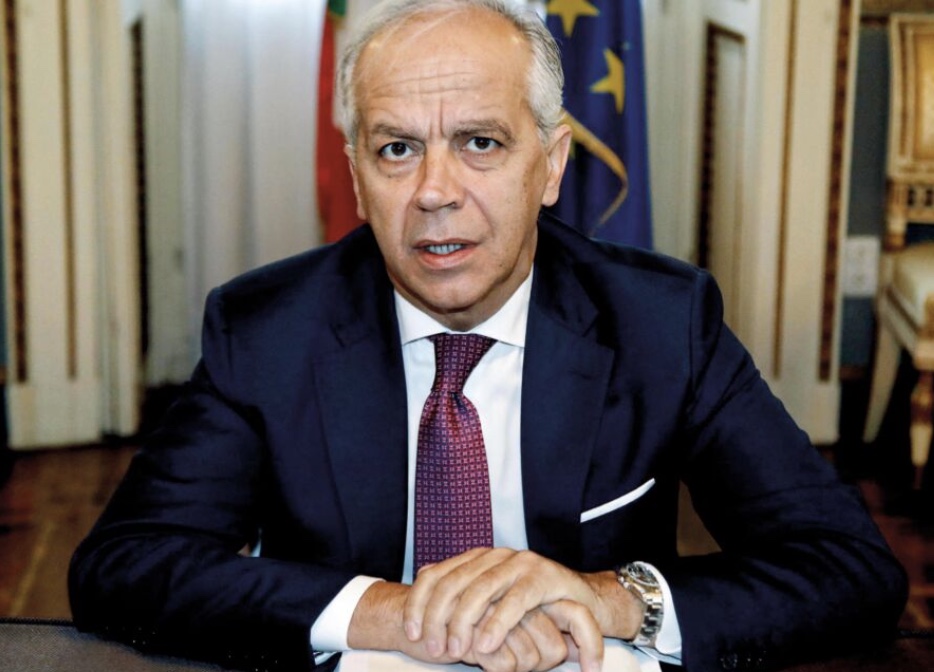The Minister of the Interior Matteo Piantedosi, on Radio Uno, raised the alarm about the so-called "lone wolves", in reference to the resurgence of terrorism phenomena, following tensions in the Middle East.
The minister also wanted to clarify that, even if there is no real organization in Italy, the danger could come from "by individuals who have connections between them, especially through the network with organizations from the countries of origin".
During 2023, 54 people were expelled for issues related to national security, of which two arrived by sea. Let's talk, Piantedosi emphasizes, about "people who did not rely on organizations linked to Islamic radicalization in their countries of origin for their victory".
To demonstrate that our country's attention is maximum, even the President of the Republic Mattarella, during the meeting with the prefects yesterday he expressed his concern: “The seeds of the pseudoculture of violence and hatred are spreading, at an international and internal level. And this fuels threats, including those of a terrorist nature, and behaviors that attack the freedom of citizens, who must always be guaranteed the fundamental rights of expression, association and assembly, enshrined in our Charter".
Minister Piantedosi then explained that prisons are constantly monitored, places where radicalization increases and the removal of the two Egyptians to Milan is proof of this, because they were repatriated on the accusation of being ISIS activists. Other people currently in Italy are subjected to strict control by our security forces.
Pientendosi on Mediterranean route.”On the Mediterranean route, the characteristics of that corridor make the idea of a naval blockade problematic if there is no sharing of the country. The positive fact is that Italy has placed a renewed naval mission at the center of the European debate which may have different characteristics from the past: an open topic that von der Leyen indicated on the fight against irregular immigration".
On the rBalkan eighth. The real danger comes from there, underline Italian intelligence analysts. From countries like Bosnia, groups are growing day by day that are increasingly close to highly radical environments, ready to strike at any moment.
Piantedosi explains that the warnings coming from that area forced us to close the borders with Slovenia where we sent 350 more agents to support the effort at the border.
Other investigative activity is carried out at the reception centers where our men carry out photo-signature surveys and take fingerprints. All data which is then cross-referenced with a European database, Eurodac.
What is certain is that new arrivals are more cunning and often do not reveal their real identity, because they have already been reported in the past as unwelcome. Just like the Tunisian did Abdesalem Lassoued, the Brussels attacker. Then there are the cases of emulation, warns Piantedosi, and the phenomenon of those subjects who have, even independently of each other, connections based on the use of the internet, with transfers of money apparently in favor of women but which in reality they gave a glimpse of typical formulas for participation in organisations. Hence the investigative activity of the Guardia di Finanza which has been monitoring all suspicious money movements for some time.
Subscribe to our newsletter!
